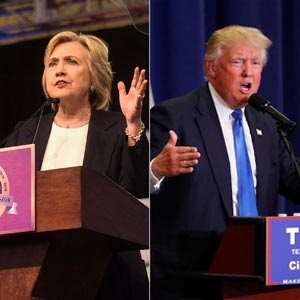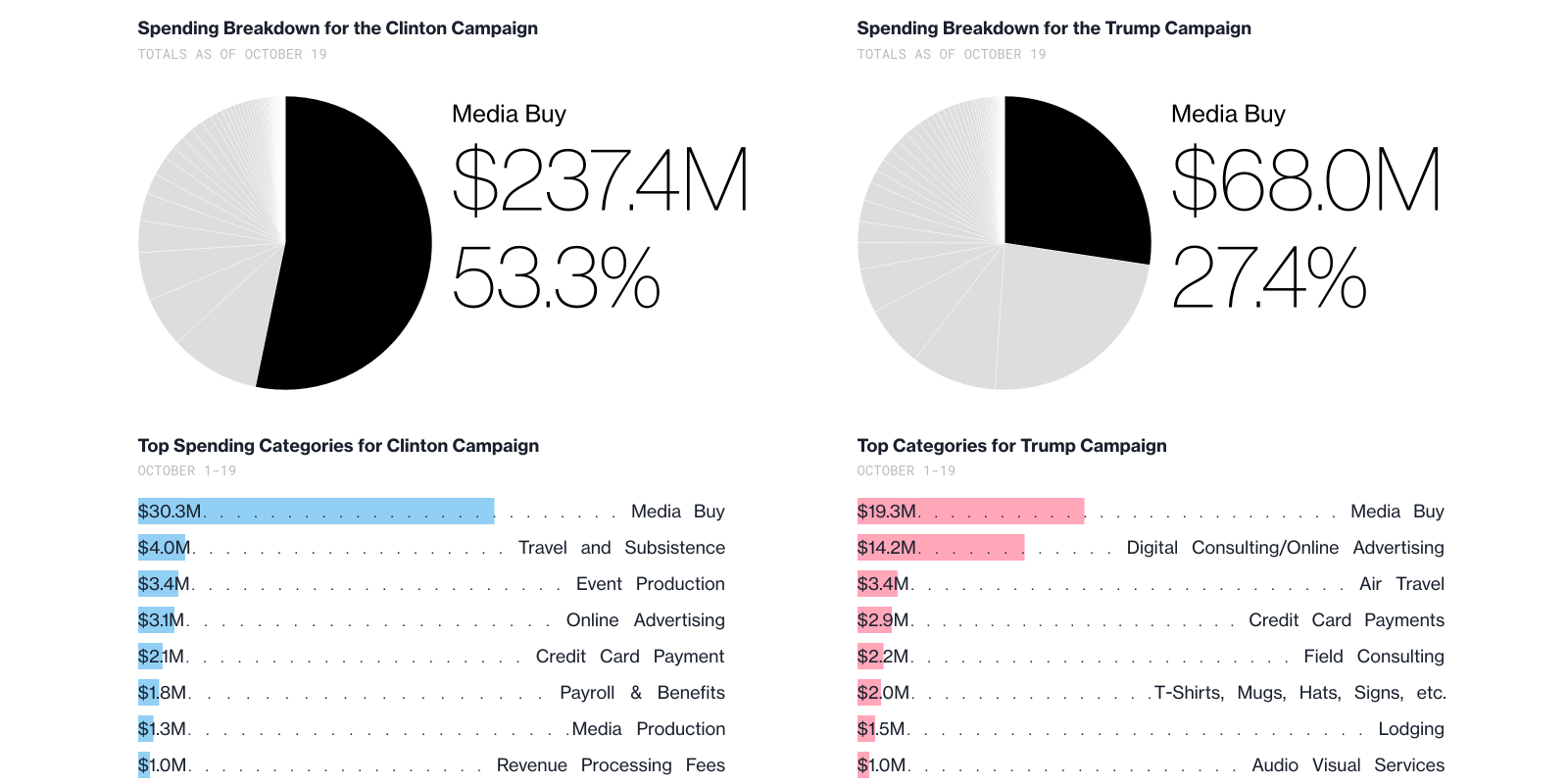I have been embroiled in a debate about high voter turnout always helping the Democratic Party. I’ve stated that it was nothing more than an old wives tale. But had nothing to back my stance up. So here is the research result on that. I decided to share it without you all to find out what you think. I used VAP since VEP was only kept track of beginning in 1980.
Average voter turnout since 1960 in presidential elections 55%.
2020 62% high Biden winner
2016 55% average, Trump winner
2012 53% low, Obama winner
2008 57% high, Obama winner
2004 56% high, G.W. Bush winner
2000 51% low, G.W. Bush winner
1996 49% low, Bill Clinton winner
1992 55% average, Bill Clinton winner
1988 50% low, G.H.W. Bush winner
1984 53% low, Reagan winner
1980 53% low, Reagan winner
1976 53% low, Carter winner
1972 55% average Nixon winner
1968 61% high Nixon winner
1964 61% LBJ winner
1960 63% JFK winner
4 Democratic and 2 Republican winners when there was a high voter turnout, above average. 4 Democratic and 3 Republican winners when the voter turnout was low or below average. 1 Democrat and 2 republican winners when the voter turnout was average. Presidential wise, I see little difference between high and low voter turnout.
Midterm House elections. The average turnout for midterms is 40%
2018 50% high, Democrats gained 44 seats
2014 38% low, Republicans gained 8 seats
2010 42% high, Republicans gained 63 seats
2006 38% low, Democrats gained 33 seats
2002 40% average, Republicans gained 8 seats
1998 37% low, Democrats gained 3 seats
1994 42% high, Republicans gained 54 seats
1990 38% low, Democrats gained 7 seats
1986 38% low, democrats gained 5 seats
1982 43% high, democrats gained 27 seats
1978 39% low, Republicans gained 7 seats
1974 39% low, Democrats gained 39 seats
1970 48% high, Democrats gained 12 seats
1966 47% high, Republicans gained 47 seats
1962 46% high, republicans gained 4 seats
I still don’t see a correlation between high and low turnout benefiting one or the other party. What I see is when the house changed hands, control 1994, 2010 and 2018, turnout was high. But in 2006 when the democrats took control of the house with a net gain of 33 seats, turnout was low. Finally, I looked back at gains of one party or the other of 30 or more seats to compare that to voter turnout in the midterms.
2018 50% high, Democrats gained 44 seats
2010 42% high, Republicans gained 63 seats
2006 38% low, Democrats gained 33 seats
1994 42% high, Republicans gained 54 seats
1974 39% low, Democrats gained 39 seats
1966 47% high, Republicans gained 47 seats
4 with high voter turnout, 2 with low voter turnout. Interesting to note that in 3 of the 4 high voter turnout midterm elections, it was the republicans who gained 30 or more seats vs. 1 for the Democrats. The two elections that had low voter turnout, the democrats picked up 30 plus seats in both of those.
My conclusion, high voter turnout only benefiting the Democratic Party is an old wives tale that we all had bought into.
Average voter turnout since 1960 in presidential elections 55%.
2020 62% high Biden winner
2016 55% average, Trump winner
2012 53% low, Obama winner
2008 57% high, Obama winner
2004 56% high, G.W. Bush winner
2000 51% low, G.W. Bush winner
1996 49% low, Bill Clinton winner
1992 55% average, Bill Clinton winner
1988 50% low, G.H.W. Bush winner
1984 53% low, Reagan winner
1980 53% low, Reagan winner
1976 53% low, Carter winner
1972 55% average Nixon winner
1968 61% high Nixon winner
1964 61% LBJ winner
1960 63% JFK winner
4 Democratic and 2 Republican winners when there was a high voter turnout, above average. 4 Democratic and 3 Republican winners when the voter turnout was low or below average. 1 Democrat and 2 republican winners when the voter turnout was average. Presidential wise, I see little difference between high and low voter turnout.
Midterm House elections. The average turnout for midterms is 40%
2018 50% high, Democrats gained 44 seats
2014 38% low, Republicans gained 8 seats
2010 42% high, Republicans gained 63 seats
2006 38% low, Democrats gained 33 seats
2002 40% average, Republicans gained 8 seats
1998 37% low, Democrats gained 3 seats
1994 42% high, Republicans gained 54 seats
1990 38% low, Democrats gained 7 seats
1986 38% low, democrats gained 5 seats
1982 43% high, democrats gained 27 seats
1978 39% low, Republicans gained 7 seats
1974 39% low, Democrats gained 39 seats
1970 48% high, Democrats gained 12 seats
1966 47% high, Republicans gained 47 seats
1962 46% high, republicans gained 4 seats
I still don’t see a correlation between high and low turnout benefiting one or the other party. What I see is when the house changed hands, control 1994, 2010 and 2018, turnout was high. But in 2006 when the democrats took control of the house with a net gain of 33 seats, turnout was low. Finally, I looked back at gains of one party or the other of 30 or more seats to compare that to voter turnout in the midterms.
2018 50% high, Democrats gained 44 seats
2010 42% high, Republicans gained 63 seats
2006 38% low, Democrats gained 33 seats
1994 42% high, Republicans gained 54 seats
1974 39% low, Democrats gained 39 seats
1966 47% high, Republicans gained 47 seats
4 with high voter turnout, 2 with low voter turnout. Interesting to note that in 3 of the 4 high voter turnout midterm elections, it was the republicans who gained 30 or more seats vs. 1 for the Democrats. The two elections that had low voter turnout, the democrats picked up 30 plus seats in both of those.
My conclusion, high voter turnout only benefiting the Democratic Party is an old wives tale that we all had bought into.








